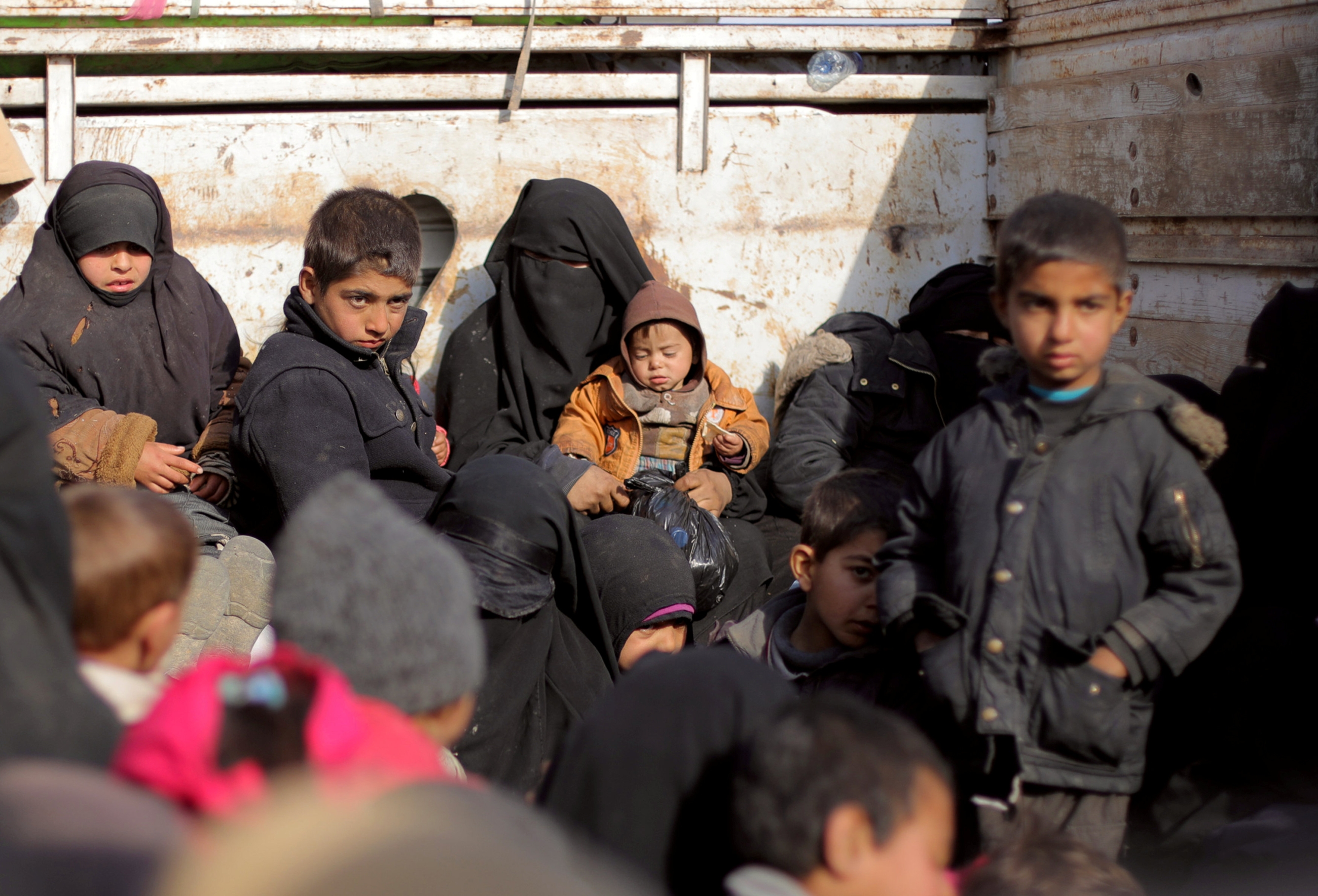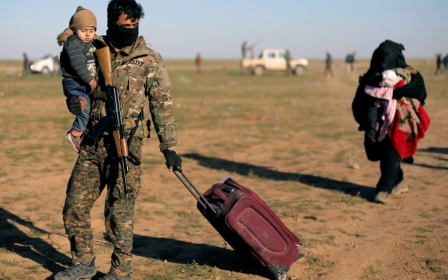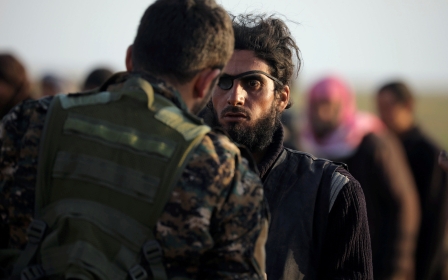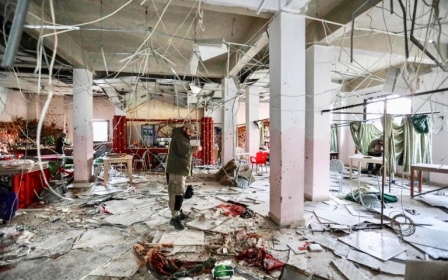Kurdish fighters release 300 suspected Islamic State-linked Syrians

Kurdish authorities have freed nearly 300 Syrians suspected of belonging to the Islamic State (IS) because they have "no blood on their hands," they announced late on Saturday.
"They had lost their way ... violated the traditions of Syrian society and the law, and some of them had been deceived ... but they remain our Syrian children," said a statement from the semi-autonomous Kurdish administration of northern Syria, suggesting the 283 released had not been involved in fighting.
Tribal chiefs and other local officials had lobbied for their release.
Freeing them is a gesture of "cooperation, fraternity and clemency," said the statement posted on the website of the US-backed, Kurdish-led Syrian Democratic Forces (SDF).
The prisoners were released in several areas of northern Syria held by Kurds, including the city of Raqqa, which was the de-facto capital of IS territory, the statement added.
The Syrian Observatory for Human Rights, a Britain-based activist group, said it was not the first release of IS-linked prisoners by Kurdish authorities, but the number was particularly large this time.
The SDF are holding hundreds of alleged foreign fighters, as well as women and children related to suspected IS members.
Syria's Kurds have long urged their home countries to take the detainees back, but nations have been reluctant.
Kurds have played a key role in battling IS in Syria. The SDF have now cornered the group in a last stretch of territory near the border with Iraq in a final bid to flush them out.
On Thursday, the group said it had found a mass grave in Baghouz, the focal point of recent fighting, that may have contained the bodies of executed Yazidis.
Thousands of people of many nationalities have streamed out of the final shred of land in recent weeks, an exodus of both its supporters and victims, surpassing initial estimates and delaying an end to the battle.
Middle East Eye propose une couverture et une analyse indépendantes et incomparables du Moyen-Orient, de l’Afrique du Nord et d’autres régions du monde. Pour en savoir plus sur la reprise de ce contenu et les frais qui s’appliquent, veuillez remplir ce formulaire [en anglais]. Pour en savoir plus sur MEE, cliquez ici [en anglais].




